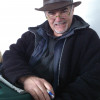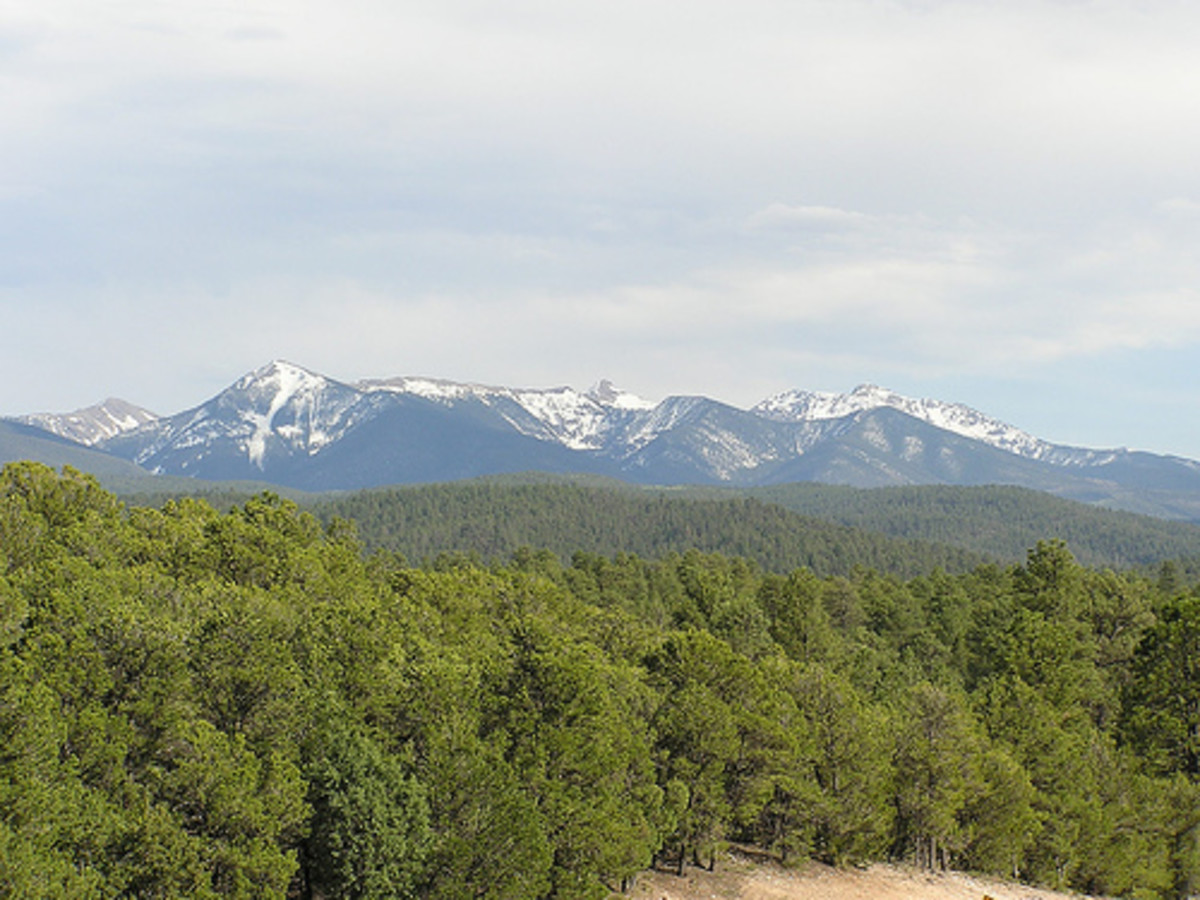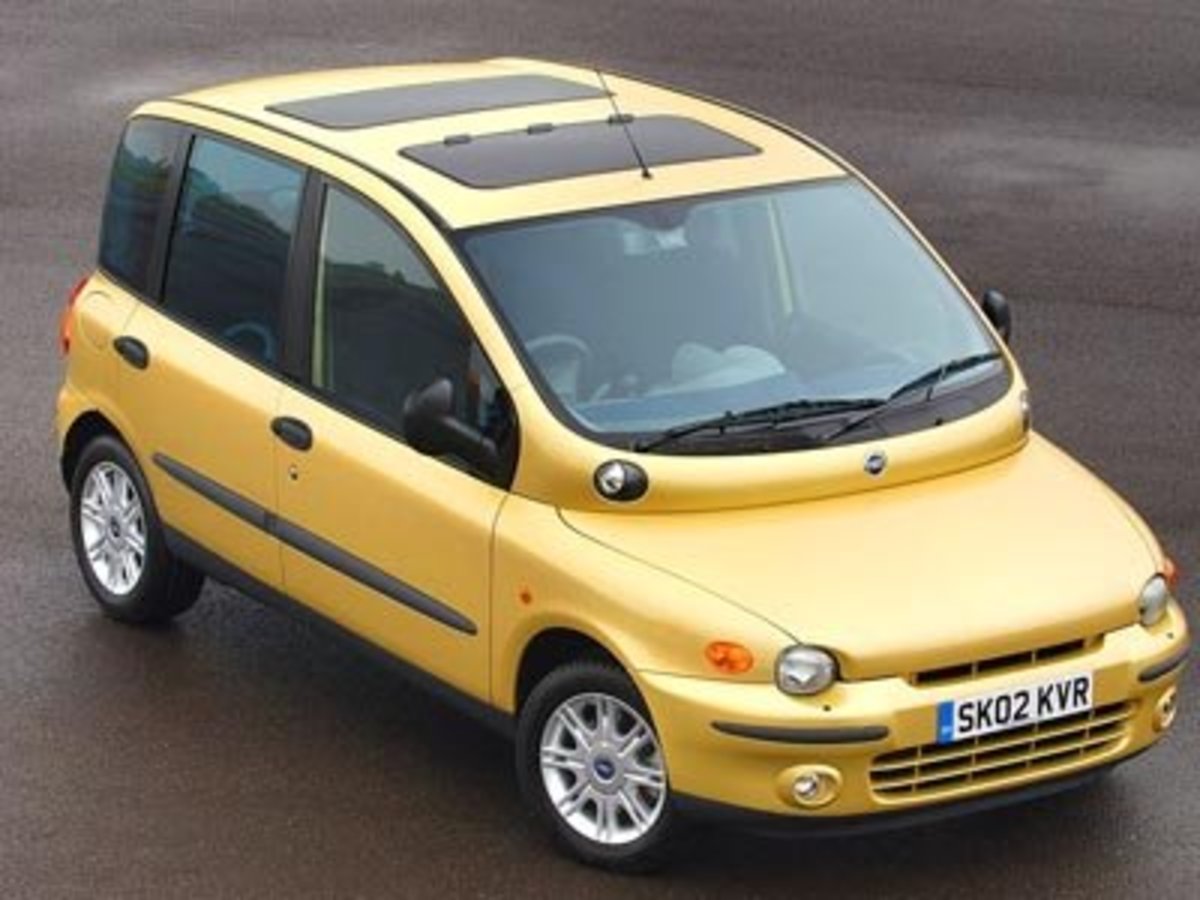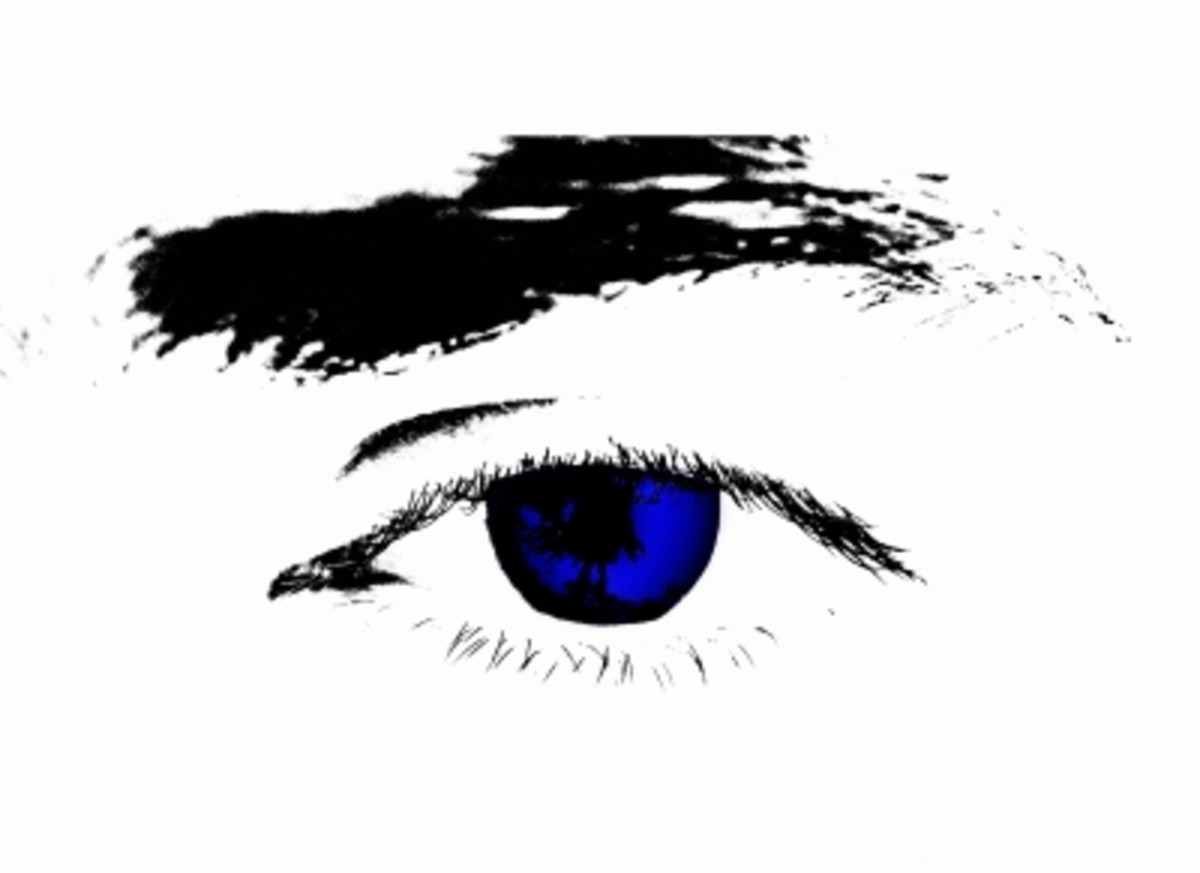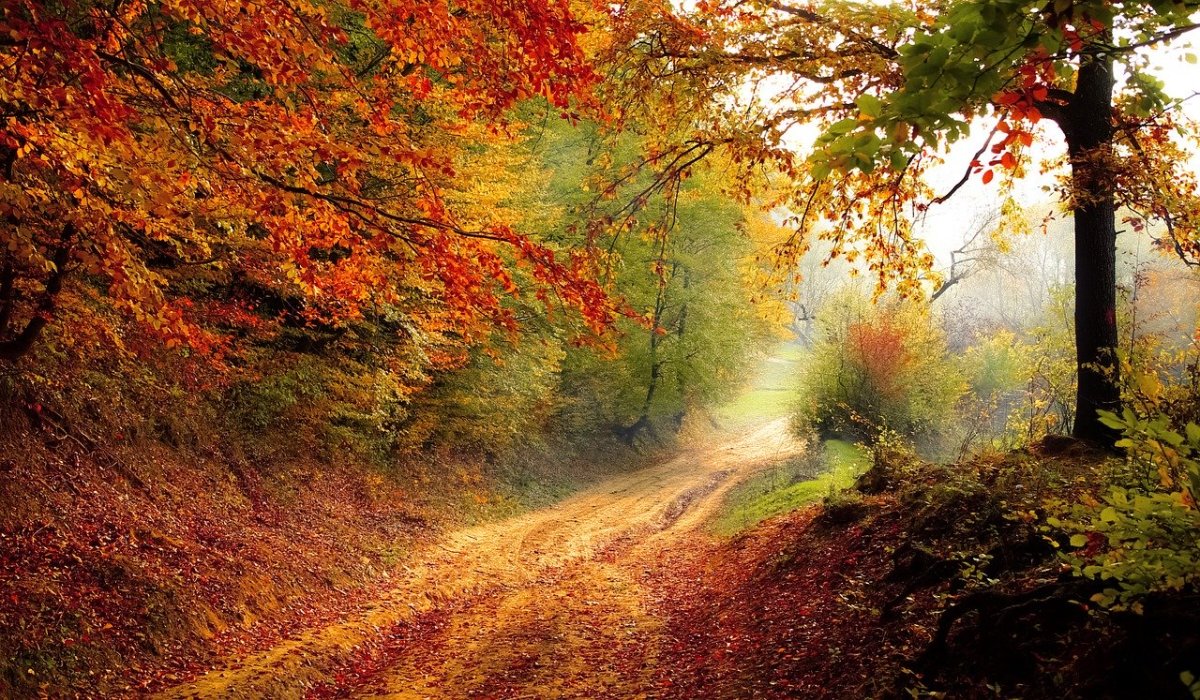- HubPages»
- Books, Literature, and Writing»
- Books & Novels»
- Nonfiction
from A Squandered Life / San Feliu '69
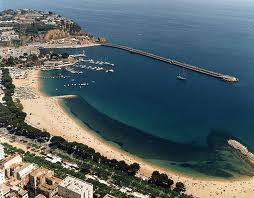
….sitting in on heated arguments about whether or not I was a racist.
San Feliu de Guixols was a charming little coastal resort with an exquisitely curved beach laid out before a semi-circle of rocky hills sparsely clad in stoney pastures, rock walls, and Mediterranean pine. The man I was looking for was called Juan de Gris and he was a commercial diver. I'd got his address from an associate of my friend and erstwhile patient Andrew in Brighton. This associate promised to write to Juan to let him know I was coming and to recommend me (on the strength of having met me once) as both a dependable worker and a competent diver. I found the address easily enough, but there was nobody home. It was getting late so I started looking for a place to crash.
From the beautiful little beach I looked up to see a set of abandoned broken down farm buildings on one of the hill sides above the town. As the Mediterranean light began to fade, I headed back up the town's main road to find a track that led over to the abandonados. The bike ascended the track without any problems and I found myself just within the little gaggle of stone enclosures and parked up. I had a view over the sea and the moon was beginning to splatter its magic over the rippling wavelets. I spread my sleeping bag out on the ground such that I could gaze across the glittering water between a set of crumbling stone walls. Off to my left stood my black and chrome motorcycle; it too reflecting moonlight with a supernatural effervescence. I drifted off to sleep thinking I'd hit upon another intersection of perfection in space and time.
In the morning I woke up to find a large peasant farmer in a rough white shirt and a weathered waistcoat casually rolling a cigarette and regarding me with mild interest. Equally casually, he had a shotgun tucked under his arm. Fearing some kind of ghastly reprise of the Paris encounter, I said, from my place on the ground, “Buenas dias.” He turned out to be a nice enough guy who seemed to carry his gun around most of the time as he watched over his goats and kept his eye open for edible game. We had a friendly pidgin chat but he concluded by implying I couldn't stay there as my shiny bike was unsettling his goats. I packed up and headed back into town to see if Juan de Gris had come home.
This time I was greeted at the door by Juan's blousily exotic blonde French wife. I explained who I was and why I was there and she invited me in for coffee and croissant. Juan himself appeared about twenty minutes later, a large relaxed dark haired man, and joined us at the kitchen table. He said he hadn't heard anything form anybody in Brighton for about ten years but that, yes, he had some work coming up for which he could use some extra help. There was some new build taking place along the coast and, as it was easier than trying to dig it into the rock, fresh water pipe was to be laid on the sea bed and run up to the shore. He was awaiting confirmation on a contract “mañana”. “Come back tomorrow morning,” he said. On the strength of this I went back down to the beach and checked into a rough looking hotel in one of the back streets.
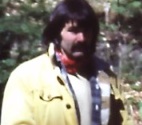
The room was as spartan as one might expect but the communal shower was fully functional. As I luxuriated under the spray I heard live American soul singing coming from a couple of stalls down. The guy was still singing away as I left to head down to the beach. There I encountered another American soul singer called Winston who began chatting as if he'd known me for years. He and his buddy (who was in the shower) were touring Europe looking for paying gigs in bars and restaurants as they went. This sounded like such a brilliant plan when compared to my own, and I was full of admiration.
His buddy Jamahl eventually appeared and joined us but refused to acknowledge or make eye contact with me, even when his friend introduced us. “He thinks you're a racist,” said Winston, adding, in response to my palpable surprise, “Don't worry. He thinks all whites are racist.” “They are,” his pal retorted with not a little hostility. In spite of the lop-sidedness of this burgeoning relationship, we later had supper together at the hotel. Winston did most of the chatting but, towards the end of our meal, Jamahl suddenly turned to me and said, “When you look at us do you see black men?” “Uh, yes,” I said. “You see,” he responded, turning to Winston. “Yeah man but that doesn't mean he's a racist.” An increasingly volatile discussion then took place between them with me as a muted bystander. I have to say that I felt sympathy for Jamahl's position. I hadn't become acquainted with very many black people up to that point in my life and I always felt vaguely apologetic and guilty when I did and supposed that this too was a kind of racism. I guessed you had to know somebody for a while before their most obvious characteristics faded into background, and thought, for some reason, of my friend and former patient Andrew whose frozen face I had come not to notice after a while.
At about this time, perhaps prompted by my soul buddies who both sported them, I resolved to grow a moustache. It was difficult keeping up a regular shaving habit on the road anyway, but I had already discovered that the only thing I hated more than shaving was beards. Not only were they unsightly (on my face), they were also itchy and uncomfortable and made sleeping face down - often the best way to rest aching legs - less attainable. I also had a complex about my mouth which I felt too easily gave me away as being undecided, self-conscious, and not having a clue. I also reckoned that having a moustache with a few days of facial growth mitigated against looking too slovenly unshaven. With these impeccable principles in place, I left my top lip untouched by a razor for about the next twenty years.
For the next couple of days I developed a modest routine of checking with Juan to see if the contract had been landed, hanging out on the beach, cultivating my moustache, and sitting in on heated arguments between Winston and Jamahl about whether or not I was a racist. As enjoyable as the routine was, I was concerned about my depleting funds and one morning levelled with Juan. He confessed that “mañana” could be a couple of weeks away so I asked if I could park my bike in his garage while I went hitching for a week or so. He agreed and, entrusting my beloved steed to his garage and saying farewell to Winston and Jamahl (who ignored me), I set off with, to me, the considerable saving of not having to fuel up from time to time.

See also....
© 2013 Deacon Martin
